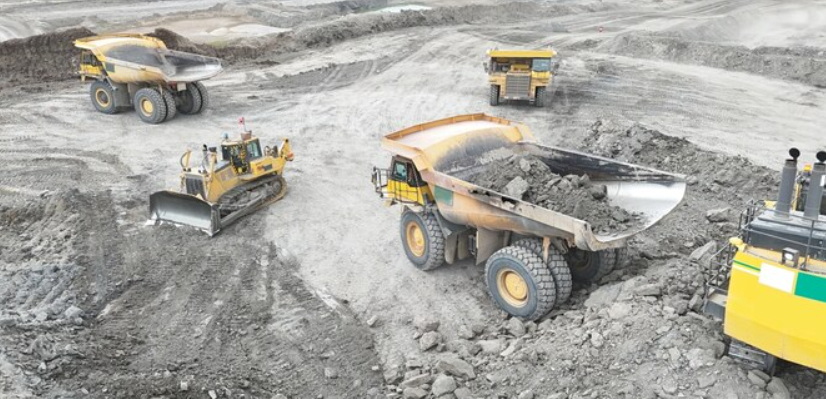
12 Nov 2024
RIYADH: The metals and mining sector is accelerating decarbonization, digital transformation, and resilience, with 55 percent of executives prioritizing emissions reduction, according to a new survey report.
KPMG’s 2024 Global Metals and Mining Outlook revealed that nearly half — 47 percent — of mining executives view technology investments as essential to transforming carbon footprints over the next five years.
The report, based on insights from over 450 C-level executives, including Bob Wilt, CEO of Saudi Arabia’s national mining company Ma’aden, highlighted shifts driven by sustainability, technological advancements, and supply chain strategies.
Sammy Ahmed, partner and head of energy and natural resources at KPMG for Europe, Middle East and Africa said: “The metals and mining sector stands at a pivotal crossroads, where decarbonization, geopolitical shifts, and technology, including AI, are reshaping the path to resilience and growth.”
He added that integrating sustainable practices with operational transformation is essential for achieving a net-zero future, offering a strategic advantage for long-term success.
The global consulting network revealed that 43 percent identify artificial intelligence as a crucial tool for addressing strategic challenges, including optimizing production and reducing emissions.
According to Wilt, as quoted in the report: “The time it takes from exploration to commissioning a mine has been cut from sixteen years to nine years, thanks to AI and advanced analytics.”
The report said that as companies strive to reduce emissions and improve operational efficiency, initiatives like mining machinery electrification and operational redesign are central, offering significant environmental and economic benefits.
It added that companies are increasingly adopting key performance indicators to monitor carbon reduction efforts, with 43 percent already implementing systems to track carbon footprints.
“We note that companies are adapting by strengthening compliance through AI and scenario planning,” said Farhan Muhammad, director of metals and mining at KPMG in Saudi Arabia.
“Global trends, like the use of AI and innovation for decarbonization, sustainability, operational efficiency and business continuity are increasingly being implemented in Saudi Arabia as well, with promising outcomes so far,” he added.
Despite challenges from price volatility and supply chain disruptions, the report highlighted that the outlook remains optimistic. KPMG noted that 66 percent of executives reported increased output price volatility due to geopolitical instability and surging demand for minerals like lithium, copper, and nickel.
However, 61 percent expressed confidence in their companies’ growth potential over the next two years, with 58 percent investing in new markets and partnerships to strengthen supply chains.
The industry is also facing a workforce gap in tech skills, with 47 percent of executives noting shortages in skilled talent. Companies are addressing this through upskilling initiatives and partnerships with educational institutions to attract talent from technology and renewable energy sectors.
On regulatory issues, 33 percent of executives identify Scope 1 and 2 emissions as significant regulatory risks, while 30 percent cite Scope 3 emissions as an area of concern. AI is increasingly utilized to predict regulatory changes and manage compliance, with 56 percent of executives noting its role in mitigating regulatory risks.